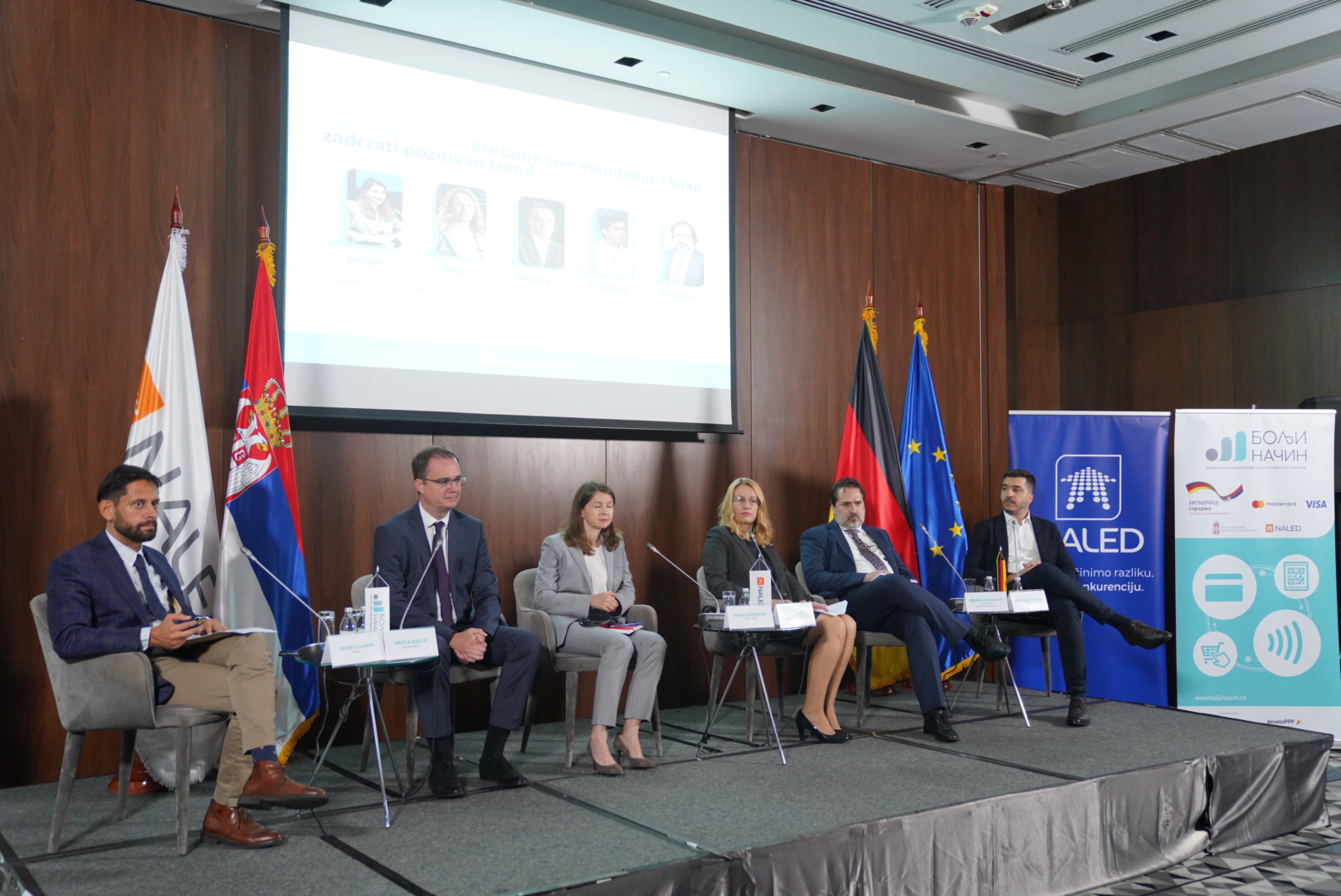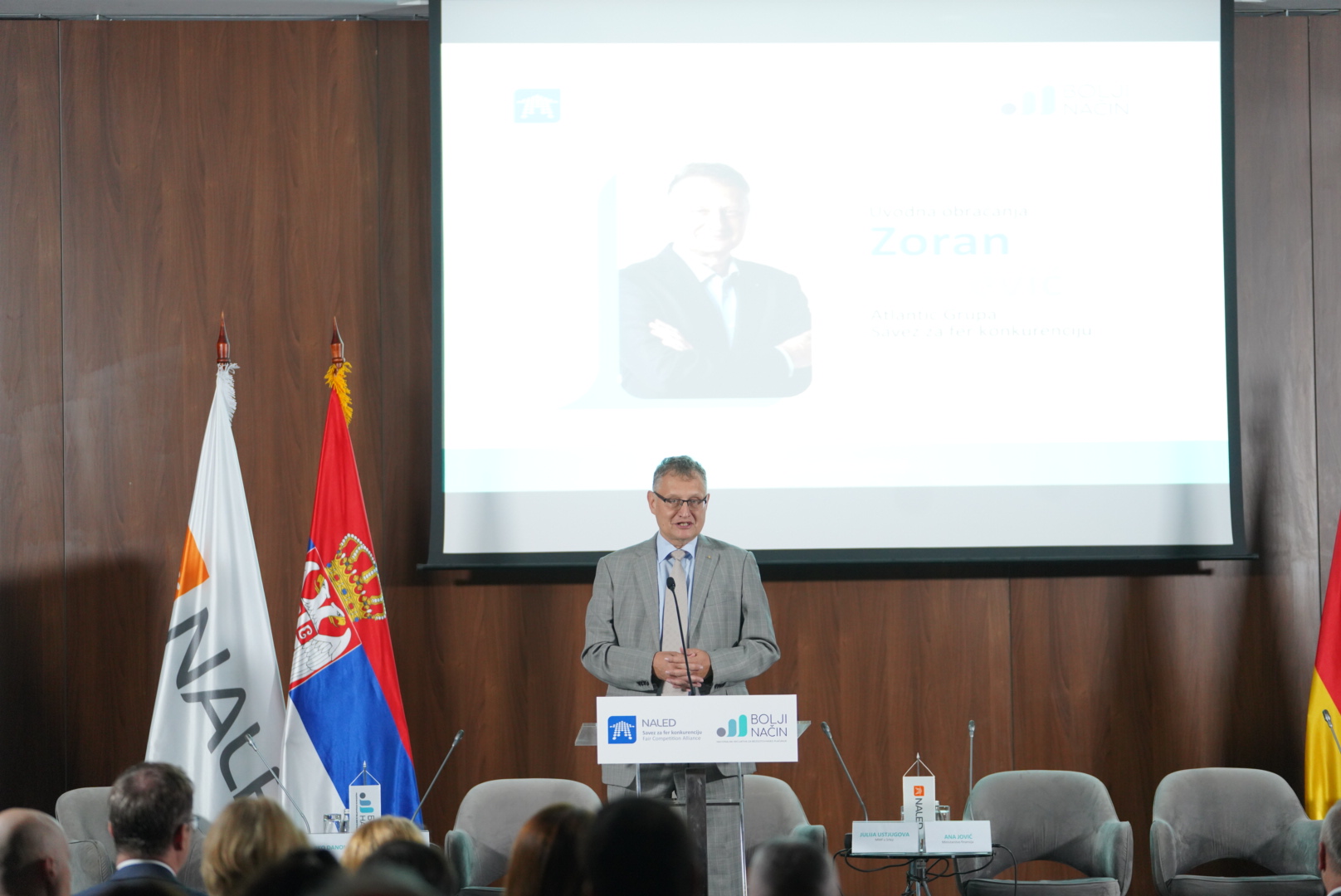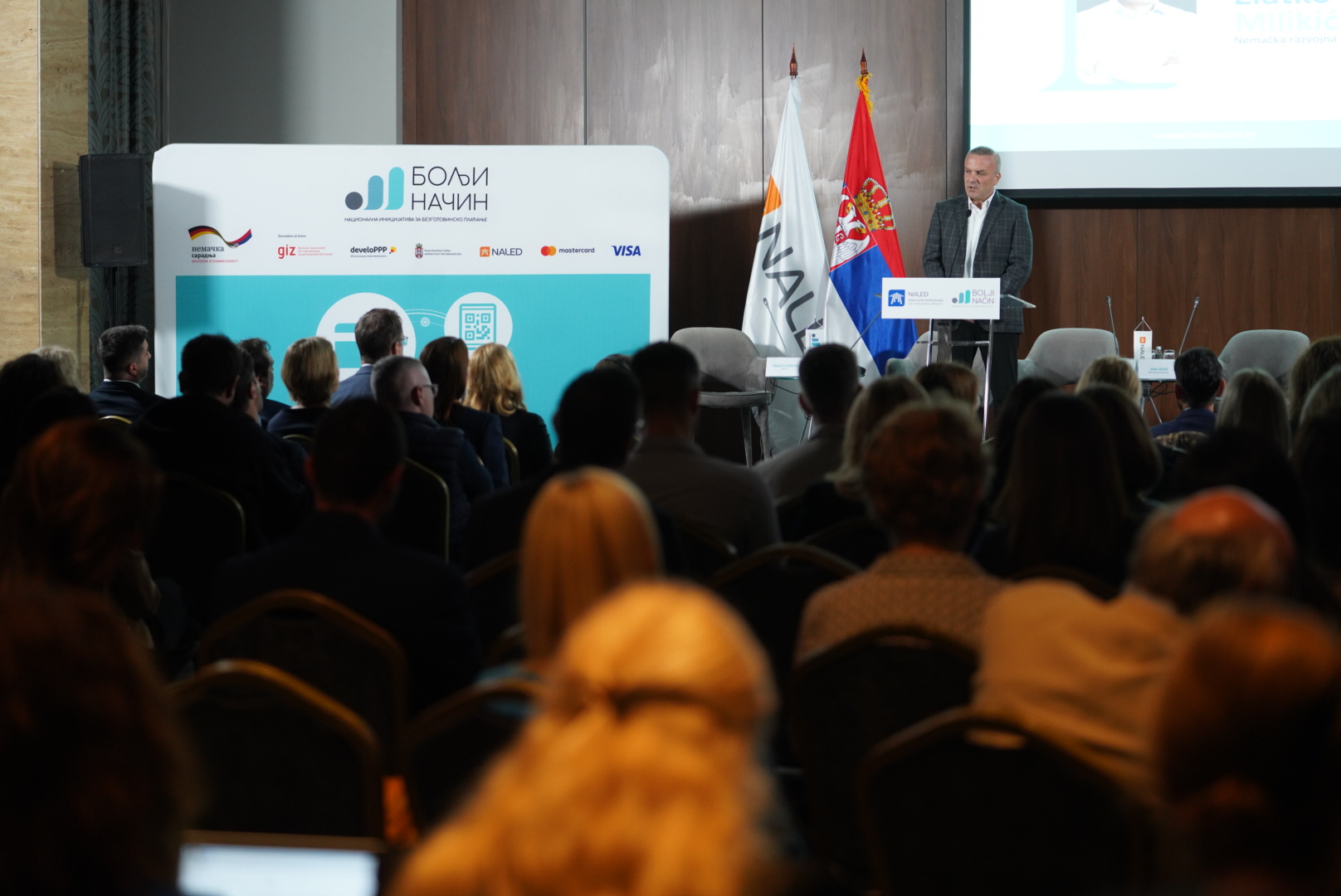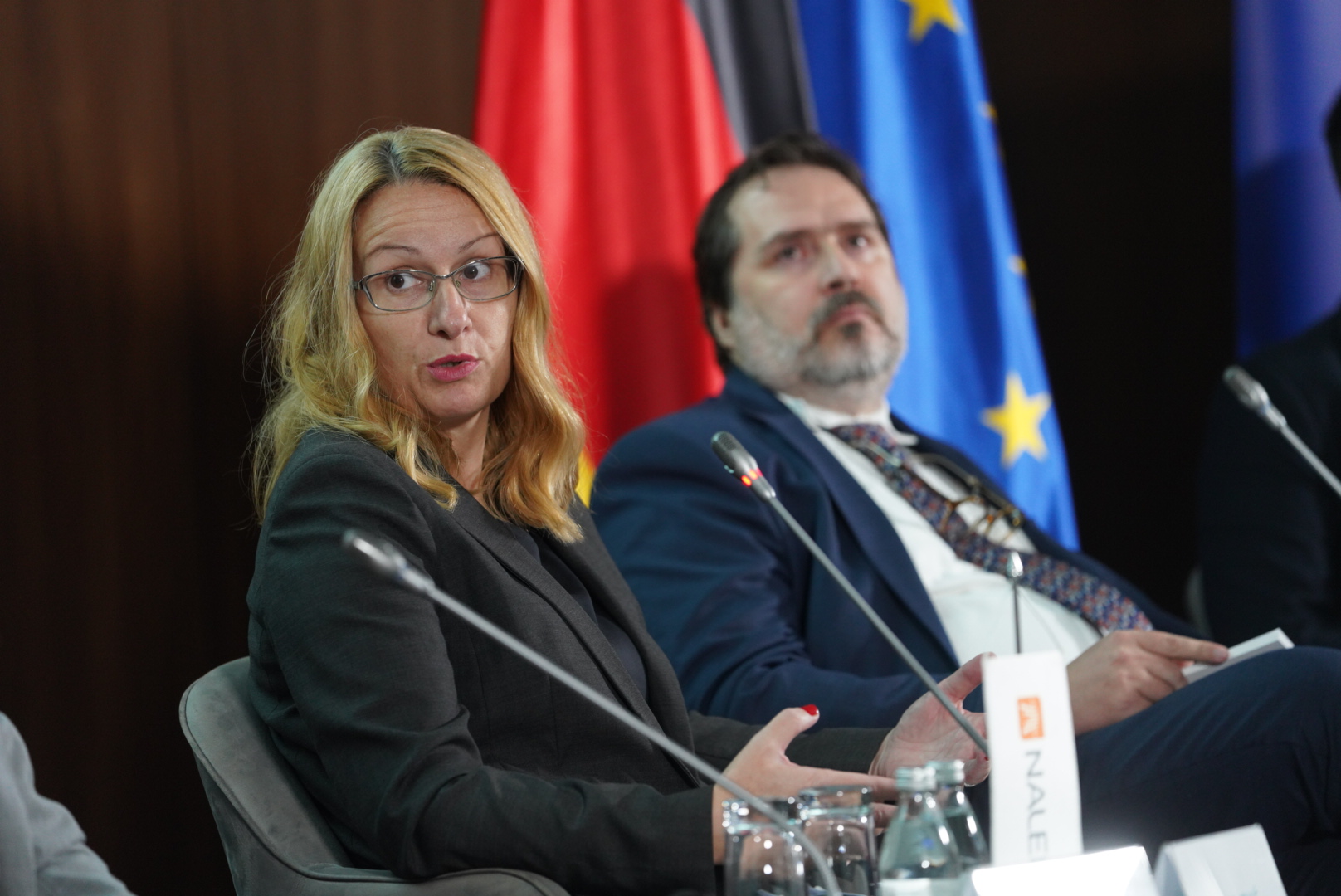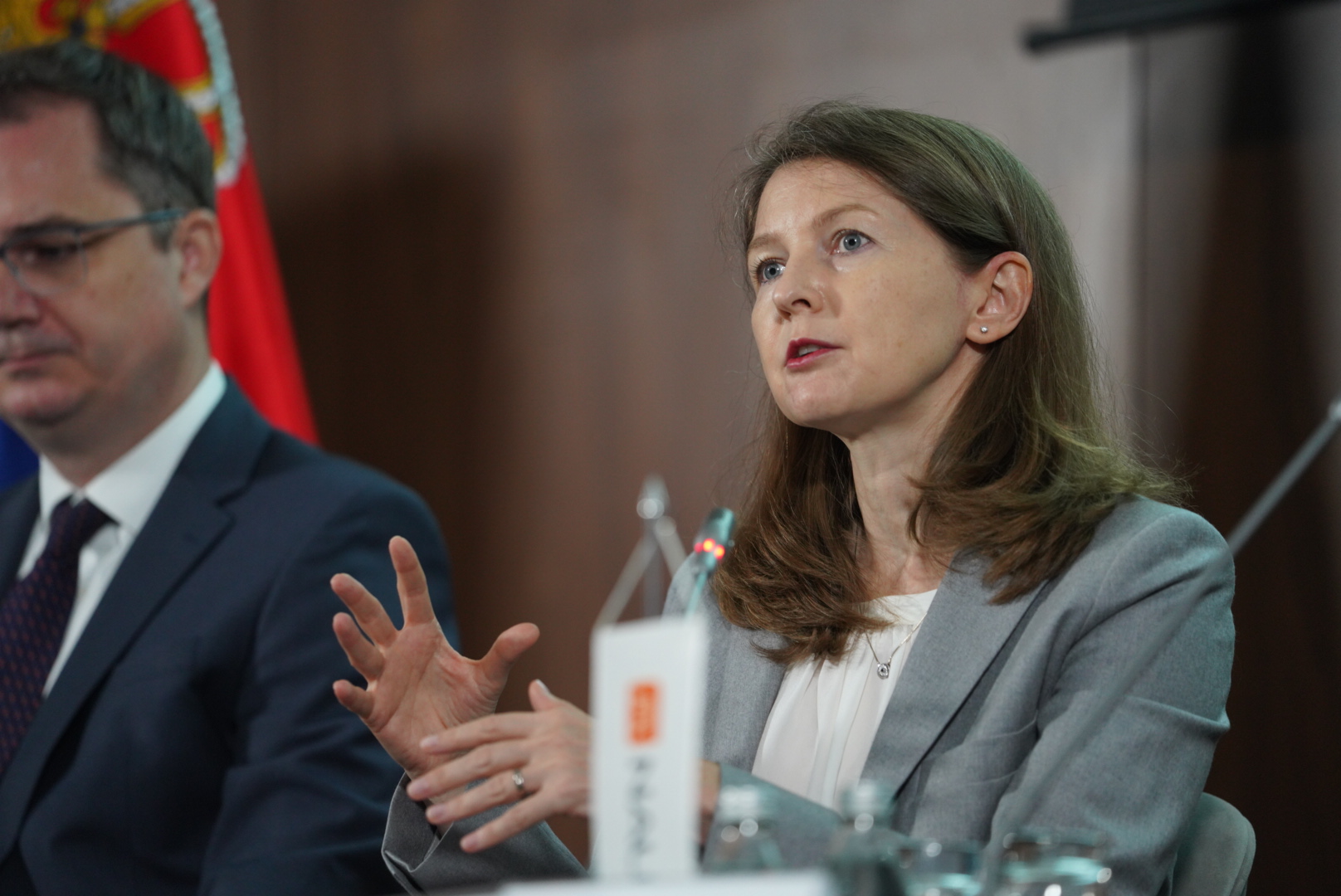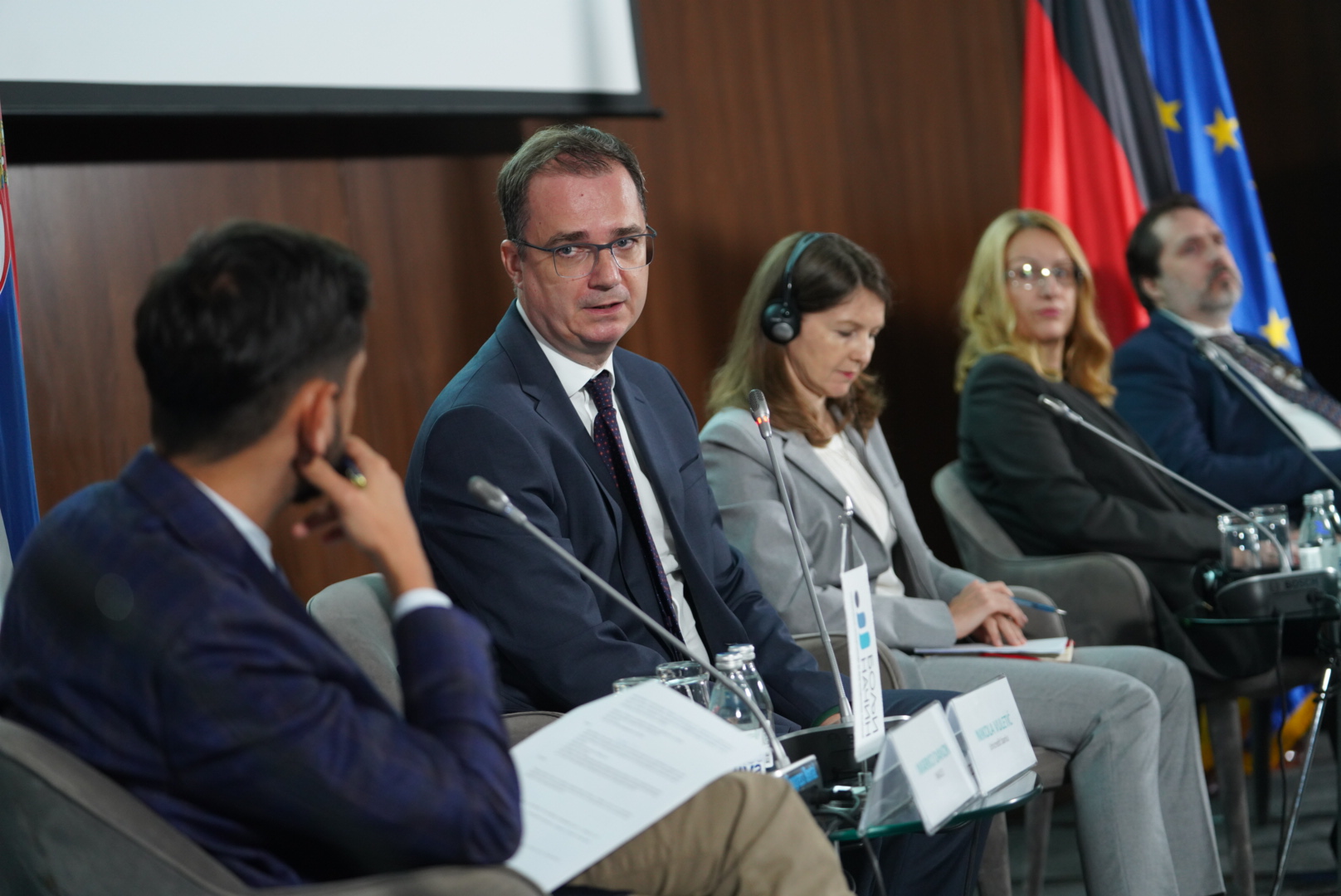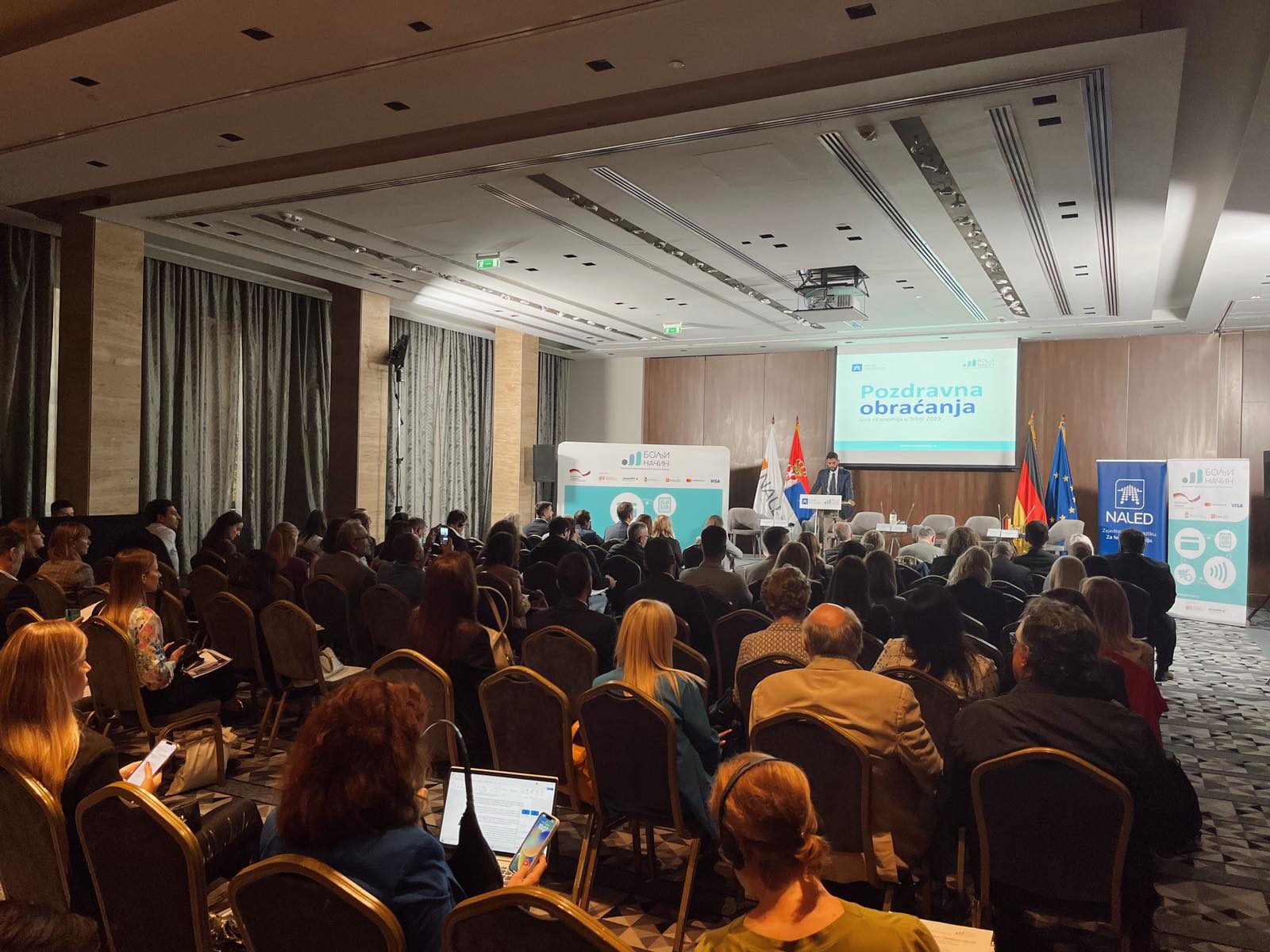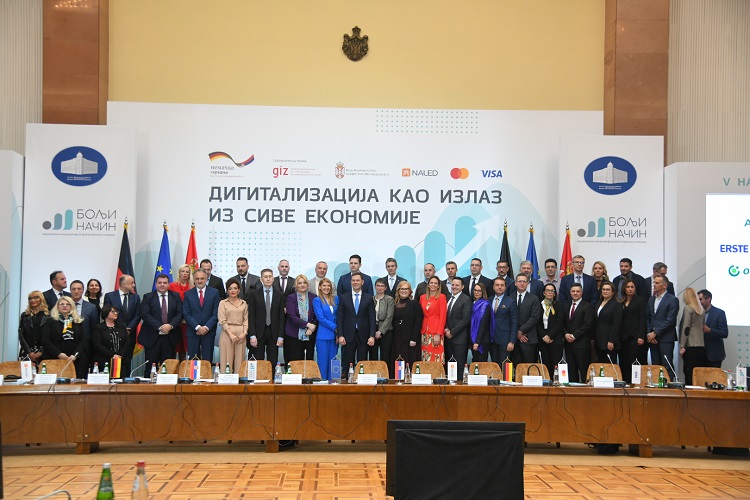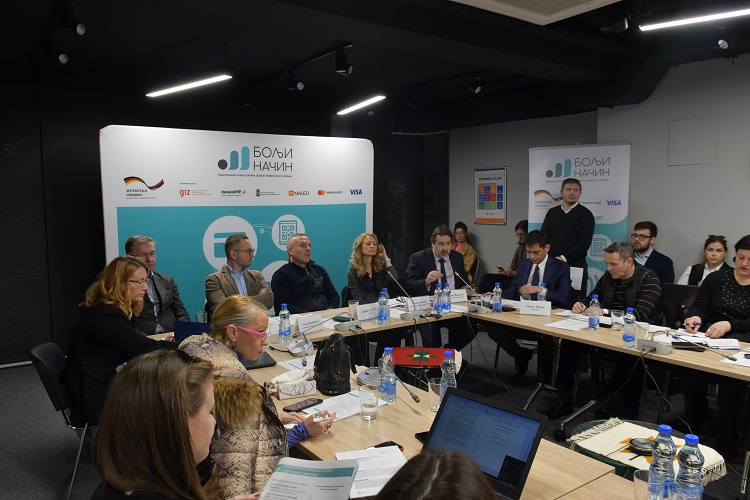Shadow economy threating again, new systemic measures are needed
Although the conditions for doing business in Serbia are still assessed as mostly good, the acceleration of inflation, higher prices and more expensive loans have led to a smaller number of businesses giving a positive assessment this year. As expected, the number of those who find it more difficult to cover taxes and contributions for employees has slightly increased, and 17% admit that they partly pay salaries in cash. On the other hand, citizens' awareness of the harmfulness of shadow economy continues to grow, and one in two employees is ready to report their employer for illegal work.
This was shown by the latest research on the perception of citizens and businesses about shadow economy, which was conducted by Ipsos for the purposes of the National Initiative for Cashless Payments. Data shows that the majority of businesses do not justify working illegally, and even two-thirds say that eFiscalization made their business much easier.
- When it comes to e-fiscalization, it is certainly a very useful reform, especially in the context of reducing the gray economy. The new system contributes positively to better tax collection, but for now I would not release the figures, because we are still analyzing the effects. I would also emphasize that the tax system of Serbia is currently undergoing numerous other reforms, and this is one of the areas in which technical support is provided to Serbia by IMF experts - said the head of the IMF office in Serbia, Yulia Ustyugova, today at the session of NALED's Fair Competition Alliance, which was held with the support of the Better Way initiative.
The survey showed that businesses see the high tax burden on wages and parafiscals as the main reasons for doing business in the gray zone, and they also estimate that unfair competition is more present today. Only 34% think that there are no unregistered companies in their industry, and a fifth think that the competition reports all their income. The president of the Fair Competition Alliance, Zoran Daljević, therefore called for the establishment of a comprehensive register of non-tax charges, faster VAT refunds and regulation of flexible forms of work.
- In the light of the global crisis, the implementation of the measures of the new Program for Countering Shadow Economy is becoming increasingly important, in order to strengthen the capacities of inspection bodies, courts and the Tax Administration, but also to support a responsible economy with incentive measures for better business - Daljević says.
This year, three quarters of citizens confirmed that they do not justify the gray economy, which is higher than before. The data indicate that informal business is most represented in construction, followed by retail and catering, although 68% of citizens state that they receive a fiscal bill with every purchase.
- In 2015, the Government of Serbia adopted the first National Program to combat the gray economy, and more than 70% of the activities were implemented. This kind of research is therefore very useful for us, in order to regularly discuss this topic, because there is no single way to determine the extent of the gray economy and we have to constantly monitor several parameters - said Ana Jović, secretary of the Coordinating Body for Countering Shadow Economy of the Government of Serbia.
One of the main measures in the fight against the shadow economy is the growth of cashless transactions. In the last year, the number of card users has increased, and the number of businesses that have a POS terminal has increased to 56%. On the other hand, businessmen still make three quarters of their turnover in cash, and citizens most often state that it is easier for them to pay in cash (45%) or that they do not have cards (28%).
- Reducing the gray economy is one of the key reasons why we launched the National Initiative for Cashless Payments. The backbone of this initiative is the POS program through which we offer all entrepreneurs, micro and small businesses free installation and use of a POS device or software solution for online sales with a subsidized merchant fee of up to 0.99% for up to one year - concluded Zlatko Milikić, team project leader in front of GIZ for Serbia, and invited all interested businesses to apply for the POS program and use this subsidy.
The National Initiative for Cashless Payments is a joint project of Deutsche Gesellschaft für Internationale Zusammenarbeit (GIZ) GmbH and the companies Mastercard and Visa, which is implemented under the auspices of the develoPPP program of the German Federal Ministry for Economic Cooperation and Development (BMZ) in cooperation with NALED and the Ministry of Finance Republic of Serbia.

